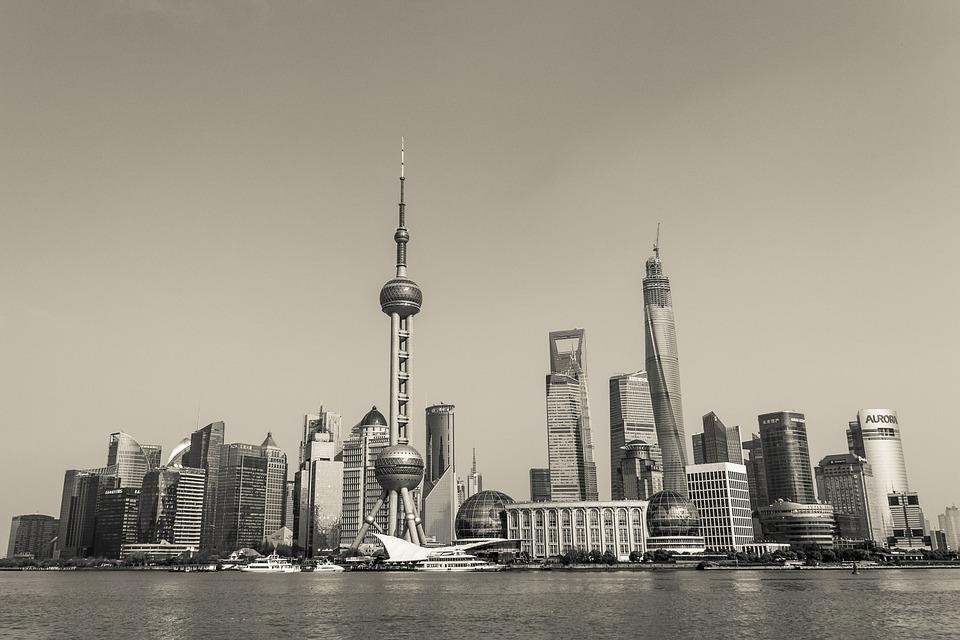Xi Jinping’s draconian “Zero Covid” policy is in place as Covid cases in Shanghai top 25,000 on Tuesday. The strict, extended lockdown is taking on new meaning in cities across the country this month as President Xi continues his April 5 order effectively shutting down the Shanghai metropolis, among other major urban areas. The unintended consequences of Xi’s action are reverberating among a population already reeling from global supply chain issues. Children are being separated from parents. Truckers who regularly haul food into Shanghai are refusing to travel into the city over concerns they will be caught in a net and unable to leave once inside it. Many drivers are refusing to make any urban deliveries, leaving residents to scramble for goods and scarce staples in local food stores. Authorities imposed a “two-phase lockdown on its 25 million residents” and extended an existing lockdown in eastern neighborhoods with positive cases by up to nine days, according to Laura He, writing for CNN Business. People who once trusted the government in Beijing to look out for their welfare are increasingly suspicious of Xi’s ability to handle the latest Covid outbreak.
Shanghai, the hardest hit city, is an important container shipping and logistics hub that supplies goods throughout the country. Shànghǎi Gǎng (上海港),the city’s deep-water seaport, is considered the world’s fastest growing port facility and a center for foreign trade with China. It serves as an important link in China’s 21st century Maritime Silk Road that connects the country to Singapore. This week more than 300 ships are stalled waiting to discharge their cargo. According to Maersk, one of the world’s largest shipping companies, “Trucking service in and out [of] Shanghai will be severely impacted by 30% due to a full lockdown on Shanghai’s Pudong and Puxi areas.” Beijing commonly lies about the country’s economic data. It will be harder now as the government can’t easily conceal the lack of critical food supplies its urban residents need to survive.
The Chinese government is projecting a 5.5% national growth rate for 2022. As of April, according to Zhuang Pinghui of the South China Morning Post, “Strict pandemic measures across the country could cost US $46 billion per month in lost economic output as social acceptance also wears thin.” It appears that Beijing “will need to fudge its numbers,” according to one analyst, “to reach its target.” People who have not been free to leave their homes in a month are openly angry at the government. Medical care issues, according to Foreign Policy’s James Palmer, are so acute that foreign consulates in Shanghai are relocating staff outside the city. Yet despite over 150,000 recorded Covid cases in the city, China has not reported a single death, casting further doubt on the CCP leadership’s credibility. Palm points out that “One underrated factor shaping the impact of these lockdowns is how many Chinese still live in collective housing. Students are trapped in six-person dorms, migrant workers in temporary shelters at building sites, and waiters or shop staff in employer-provided apartments. Along with limited space and lack of freezers, that has limited the ability of households to effectively stockpile resources for lockdowns.”
The combined pressures are creating and exposing cracks in the image China intends to project to the world. Domestically, rifts are opening between the citizenry and the Chinese Communist Party (CCP). This places Xi Jinping and the CCP leadership in a difficult balancing act between keeping his promise of a Zero Covid policy in place and reducing the tensions among the populace inside China. If Xi abandons his program, he will be viewed as failing to keep his word. In a society still adhering to a culture based on “saving face,” Xi’s legacy as a paramount leader is at risk is he misses this year’s GDP figures or allows the virus to spread. The Covid pandemic, coupled with a domestic economic downturn and Xi Jinping’s close relationship with Vladimir Putin, may be enough to raise questions about the stability and legitimacy of the CCP leadership and Xi Jinping himself. That could portend more pressive measures ahead of the people of China.
Photo: Shanghai (Pixabay)
